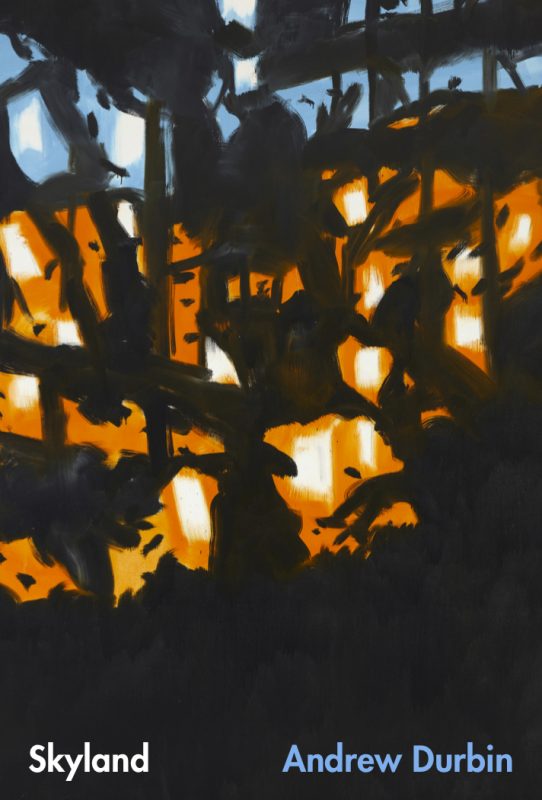A diary
On the Greek island of Patmos, where St. John received the Book of Revelation, two writers find themselves mired in an uneasy sense of timelessness, where history and the present jumble together. As they hunt for a lost portrait of the iconic gay novelist Hervé Guibert, they discover that the island’s insistent isolation from the global catastrophe surrounding it, from the refugees interned on nearby Samos to the fascist rise in Europe and the United States, is more pose than reality.
Press Cambridge Humanities Review
Dennis Cooper’s Blog (Best of 2020)
Full Stop
Harper’s
Hero
Hudson Review
Los Angeles Review of Books
New York Times
The New Yorker
Poets & Writers
Publishers Weekly
The White Review (Best of 2020)
On the Greek island of Patmos, where St. John received the Book of Revelation, two writers find themselves mired in an uneasy sense of timelessness, where history and the present jumble together. As they hunt for a lost portrait of the iconic gay novelist Hervé Guibert, they discover that the island’s insistent isolation from the global catastrophe surrounding it, from the refugees interned on nearby Samos to the fascist rise in Europe and the United States, is more pose than reality.
Press Cambridge Humanities Review
Dennis Cooper’s Blog (Best of 2020)
Full Stop
Harper’s
Hero
Hudson Review
Los Angeles Review of Books
New York Times
The New Yorker
Poets & Writers
Publishers Weekly
The White Review (Best of 2020)
Haunting and beautiful and full of phantoms past and present, Skyland rewrites the mythic.
In Skyland, Andrew Durbin searches for the final image, an icon: the portrait of a writer who wrote his death. Durbin’s inner necessity exceeds the bounds of his story—swimming, dining, finding sex, getting in trouble. He’s on a Grecian holiday with his buddy Shiv, they’re tourists, right? But Durbin’s anticipation conveys a sense of faith—faith in what?—in his life-in-death or death-in-life, in a fiction that gives him access to the present. History falls away till it comes crashing through, as is its wont. Reality and unreality trade places, then trade back again. A boat finally arrives—to ferry them across Styx to the underworld, across Lethe to oblivion, or across the East Aegean to the next party beach.
Gusty, luminous, elegiac, and unexpectedly moving, Skyland is a languidly-paced meditation on the fecundity of objects (be they imagined or finally discovered) and a quietly hedonic seaside travelogue. While the quest for the lost portrait of Hervé Guibert keeps things taut, the scantness of events otherwise is a joy—the book’s amplitude is manifest in an economy of details, mostly visual descriptions, rendered in decisive, elegantly understated prose.
—Chloe Aridjis
In Skyland, Andrew Durbin searches for the final image, an icon: the portrait of a writer who wrote his death. Durbin’s inner necessity exceeds the bounds of his story—swimming, dining, finding sex, getting in trouble. He’s on a Grecian holiday with his buddy Shiv, they’re tourists, right? But Durbin’s anticipation conveys a sense of faith—faith in what?—in his life-in-death or death-in-life, in a fiction that gives him access to the present. History falls away till it comes crashing through, as is its wont. Reality and unreality trade places, then trade back again. A boat finally arrives—to ferry them across Styx to the underworld, across Lethe to oblivion, or across the East Aegean to the next party beach.
—Robert Glück
Gusty, luminous, elegiac, and unexpectedly moving, Skyland is a languidly-paced meditation on the fecundity of objects (be they imagined or finally discovered) and a quietly hedonic seaside travelogue. While the quest for the lost portrait of Hervé Guibert keeps things taut, the scantness of events otherwise is a joy—the book’s amplitude is manifest in an economy of details, mostly visual descriptions, rendered in decisive, elegantly understated prose.
—Harry Dodge
